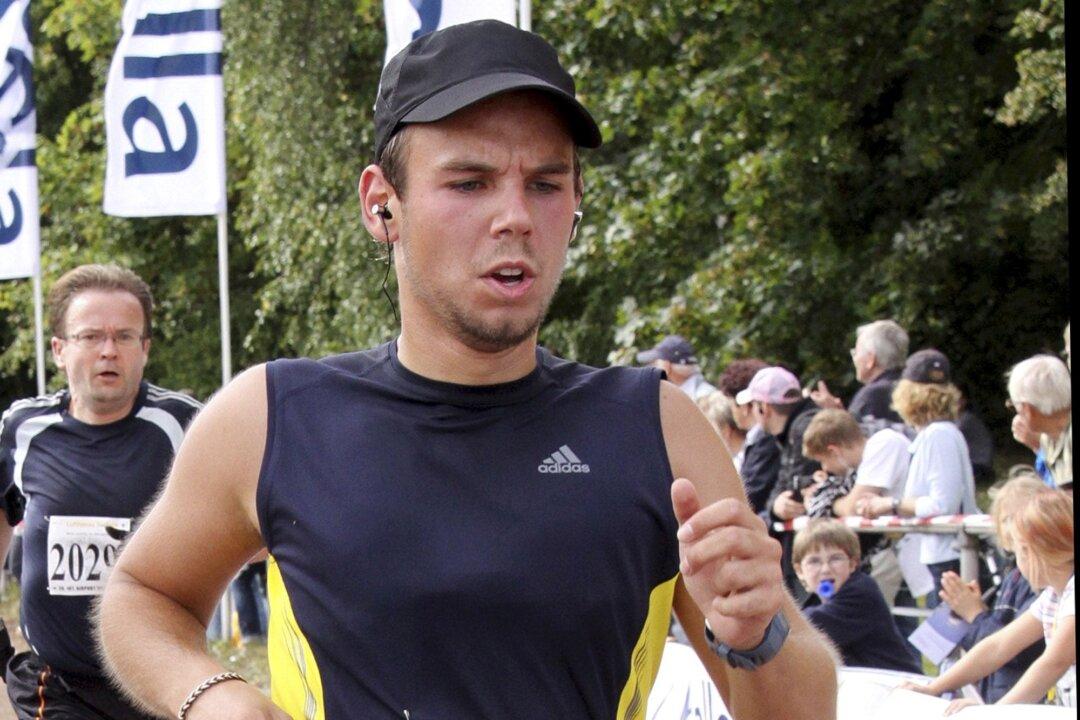Andreas Lubitz, the co-pilot on the ill-fated Germanwings plane that crashed into the French Alps, was “obsessed” with the famed European mountain range, a peer said.
Lubitz is believed to have locked the pilot of the plane outside of the cockpit before crashing the plane into the French Alps on Tuesday.
Two of his peers said he was very familiar with the area, reported The Local website. Dieter Wagner said that “Andreas participated in one of the courses in the Alpes-de-Haute-Provence with my niece, who was a good friend of his. He was passionate about the Alps, even obsessed.”
“I am certain that he knew the crash area because he had flown it in a glider,” he said.
On Friday, prosecutors said Lubitz, 28, had a sick leave note from his doctor on the day of the crash. However, he apparently hid the illness from his supervisors.
Ralf Herrenbrueck, who is a spokesperson for the German prosecutor’s office, said documents found at Lubitz’s family home in Montabaur and documents in his apartment in Duesseldorf support “the current preliminary assessment that the deceased hid his illness from his employer and colleagues,” reported the LA Times.





